Booster sets: fixed or variable?
Daryl Williams, the Commercial Specialist at Pumps UK, outlines the differences between fixed- and variable-speed booster solutions, explaining the applications where each approach is most appropriate.
One of the solutions to avoiding supply interruptions (and unhappy clients) is to opt for cold water booster solutions that are designed with built-in ‘redundancy’, often extra pumps that can take over during maintenance cycles or failures.
Some systems rely on a common controller and run at a fixed speed. Others are fitted with inverters that can vary the speed of the pumps. Both have advantages for certain applications.
A general definition of a water pump inverter is a device that maintains constant and stable pressure in a water system by varying the speed of the pump motor to deliver the pre-set pressure at the outlet regardless of how many outlets or appliances are in use, up to the maximum capability of the pump. In recent times, booster sets fitted with inverters have become increasingly popular.
Naturally, these hi-tech innovations come at a price. The addition of inverters to a water-pressure booster set is not an insignificant cost. That said, opting for less expensive fixed-speed sets can, potentially, be more expensive in the long term for some applications.
PRECISION CONTROL
Booster sets, such as the PUK VARI COM range, designed with Nastec inverters, allow individual pumps to be isolated and the system to continue the supply even if a pump is removed or is offline. These smart inverters allow for precision control via the Nastec Now application and Bluetooth technology.
ENERGY SAVINGS
There are further advantages in booster sets designed with inverters, as they can be programmed to vary the performance of the set based upon demand, so less power is consumed compared with a similar fixed-speed set. The wider the operating range of the pumps, the greater the potential for energy saving.
While inverters do not directly save energy, the programmed operational parameters of the set can offer substantial energy-use reductions to the end-user. With some sources suggesting that reductions between 10% and 40% of the energy consumed by the industrial and service sectors in some countries are possible, the potential for savings and energy consumption reduction is a hot topic.
According to the Harvard Business Review, Dec 2021, nearly all the world’s largest companies have annual sustainability reporting and a sizeable number pledging to be net zero by 2050. With rising energy costs, due diligence dictates weighing higher initial outlay against energy consumption, maintenance costs and reliability.
RELIABILITY AND PERFORMANCE
One of the great things about packaged variable speed booster sets, PUK VARI COM, for example, is the flexibility in configuration. In a three-pump set, one pump can be assigned as the ‘duty’ pump, supplying the required flow rate most of the time, with a second pump designated ‘assist’ to help cope with higher demand cycles. The third pump is used as a standby to replace the duty pump if it is offline, increasing the overall reliability of the set. Similarly, twin-pump configurations can have a second pump as standby to mitigate against interruptions during maintenance or in the event of a failure.
In addition to the reliability of booster sets with in-built redundancy, Nastec inverters can perform another rather clever trick, courtesy of their networking connectivity capability (via Bluetooth), creating a ‘combined operation’. In practice, one of the inverters can reassign its pump as the ‘master’ or duty pump in the event of the duty pump going offline, thus maintaining the operational program.
Fixed-speed sets still have a place and offer advantages in certain scenarios, such as operations requiring a constant flow rate, like an irrigation system or a factory with machines that use a steady flow during production. But for water supplies that have variable demand, variable speed booster sets offer some significant advantages in energy saving, water saving, noise reduction and reliability.
Back to Latest News


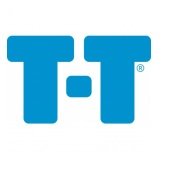
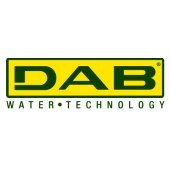
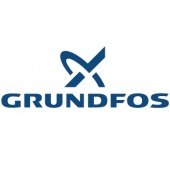

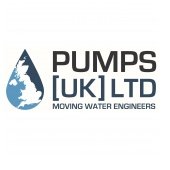

1.png&w=170&h=170)
2.jpg&w=170&h=170)

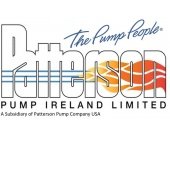
3.png&w=170&h=170)